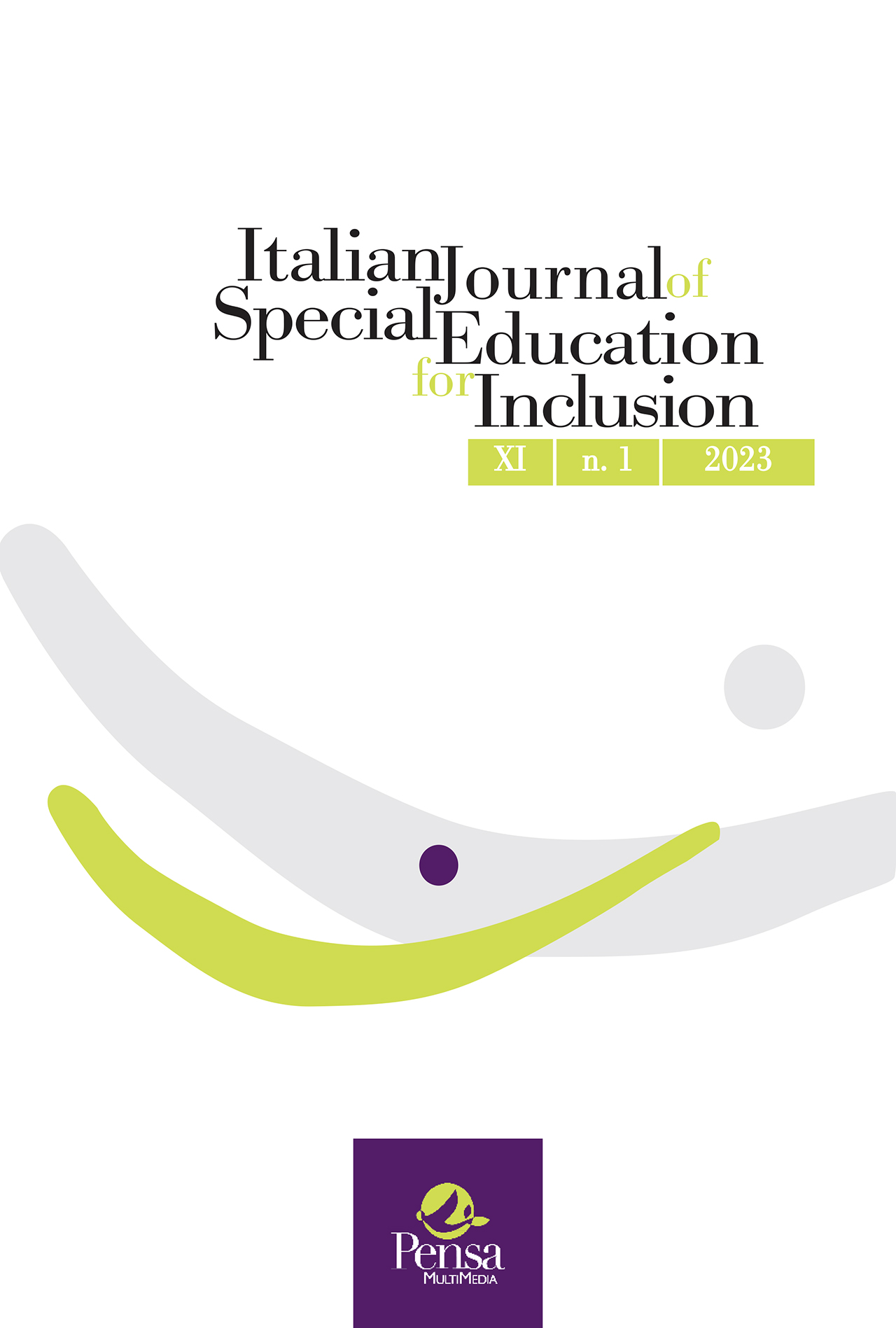Inclusione educativa: genesi e sfide di un imperativo etico e pedagogico sostanziale!
DOI:
https://doi.org/10.7346/sipes-01-2023-19Abstract
School inclusion strives to meet the educational and training needs of all students within a shared learning environment. The goal is for every individual to be fully integrated into the school community as they are, recognized and valued by the school, and able to benefit from this opportunity in an active, appropriate, normal, and equitable manner for themselves and others. The article examines the evolution of educational institutions and the ethical and pedagogical concepts that have guided the development of compulsory schooling from its inception to the present day. Since the Salamanca Statement, education and training systems have been required to create high‐quality, inclusive schools that serve all students. The author emphasizes that local educational systems evolve over time, gradually breaking away from previous models as they respond to changing circumstances and new evidence. The evolution of the educational inclusion movement has been a gradual process, charac‐terized by a culture of difference, and has progressed through several phases, including ghettoization, segregation, integration, and inclusion. The main objective has been to create school environments capable of overcoming barriers and providing equi‐table and accessible education for all students, including those with disabilities Inclusion has become a universal principle that informs the development of education and training systems worldwide. In the final section, the author observes that this commitment to inclusion has a direct impact on the core pedagogical practices of each school. As with every previous phase of educational evolution, the move towards inclusion demands a consistent and coherent rethinking of pedagogy and teaching practices that considers the needs of all students, not just those with special educational needs and disabilities.


